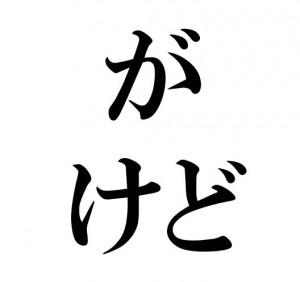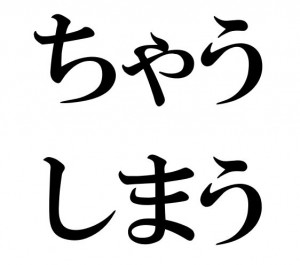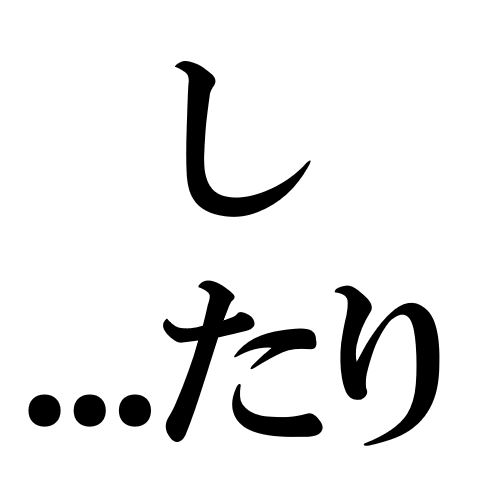Before starting the exercise for expressing multiple reasons, actions or states 「し」「…たりする」, please clarify any doubts you may have about the grammatical rules by referring to your grammar guidebook or dictionary. The Instantaneous Composition Method requires you to compose sentences with the target sentence pattern(s) over and over in order to use them almost effortlessly. You should already have the necessary knowledge.
- Reference
- Genki I and II – Lesson 11: ~たり~たりする and Lesson 12: ~し
- Tae Kim’s Guide – Compound Sentences
Instantaneous Composition Exercise for Expressing Multiple Reasons, Actions or States 「し」「…たりする」
This is not a translation exercise. This is the Instantaneous Composition Exercise. As if a reflexive action, try to create an equivalent Japanese sentence shortly after reading an English script. Try not to think for more than three seconds.
- Audio File
English and Hidden Japanese Scripts
| 1. | Why did (you) buy that book? => Because (it’s) famous and cheap (among other things). |
| どうしてその本を買ったんですか? => 有名だし、安いからです。 |
| 2. | Why did (you) buy that bicycle? => Because (it’s) useful and necessary (among other things). |
| どうしてその自転車を買ったんですか? => 便利だし、必要だからです。 |
| 3. | Why do (you) like tomatoes? => Because (they’re) sweet and delicious (among other things). |
| どうしてトマトが好きなんですか? => 甘いし、美味しいからです。 |
| 4. | Why do (you) dislike Shimizu-san? => Because (he) often cries and gets angry (among other things). |
| どうして清水さんが嫌いなんですか? => よく泣くし、怒るからです。 |
[adsense]
| 5. | Why are (you) always energetic? => Because (I) sometimes run and swim (among other things). |
| どうしていつも元気なんですか? => ときどき走るし、泳ぐからです。 |
| 6. | (I will) do things like watching movies and reading books (among other things) tomorrow. |
| 明日は映画を見たり、本を読んだりします。 |
| 7. | (I) do things like studying and running (among other things) on my days off. |
| 休みの日は勉強したり、走ったりします。 |
| 8. | (I) don’t do things like eating and drinking (among other things) in the mornings. |
| 朝は食べたり、飲んだりしません。 |
| 9. | Japanese is sometimes easy, sometimes difficult (and other times something else). |
| 日本語は簡単だったり、難しかったりします。 |
| 10. | School is sometimes fun, sometimes not fun. |
| 学校は楽しかったり、楽しくなかったりします。 |
Recommended Links
How to Proceed with the Instantaneous Composition Method

Japanese Grammar Exercises: Expressing Contradiction 「が」「けど」

Japanese Grammar Exercise: Expressing Unexpected Results 「ちゃう」「しまう」



